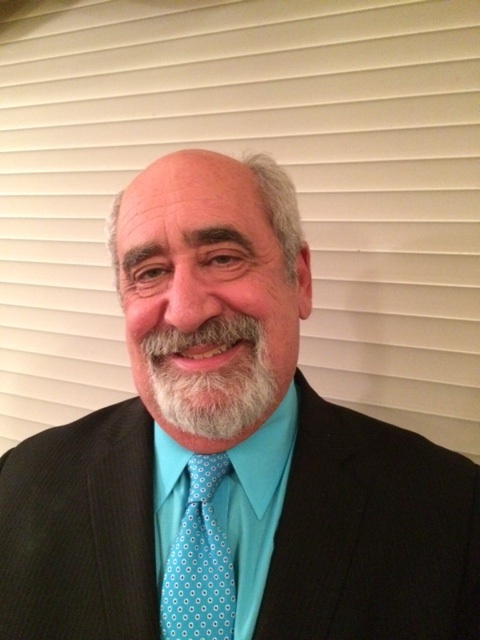On February 2, 2015, Eric T. Schneiderman, Attorney General (AG) of New York, ordered up to 7 herbal products marketed by Walgreens, Wal-Mart, Target, and GNC to be removed from retail shelves because he claimed, “four out of five contained none of the herbs on the label. Instead, they were packed with cheap fillers such as wheat, rice, beans or houseplants.”1 Moreover, Schneiderman said “the supplements pose serious risks.”2
This enforcement action was based upon results of DNA barcode sequencing research commissioned by Schneiderman that has quickly been called into question by botanical scientists, researchers, and industry experts alike.
While DNA sequencing is a promising technology for use in identifying whole plants,3 scientific experts agree that it is not useful in identifying plant extracts. Why? Because the extraction process denatures and in many cases removes the plant DNA. Therefore, the claims made by Schneiderman are highly unlikely to stand to audit. According to those closest to the data, most, if not all, of the samples studied are believed to be extracts.
The Experts Respond
The American Botanical Council, a nonprofit research and educational organization, responded,
The AG’s study is not based on adequate science and its actions are thus premature. The use of DNA barcoding technology for testing of the identity of botanical dietary supplements is a useful but limited technology. DNA testing seldom is able to properly identify chemically complex herbal extracts as little or no DNA is extracted in many commercial extraction processes.4
Daniel Fabricant, PhD, the former director of the Division of Dietary Supplements, US Food and Drug Administration (FDA), and current chief executive officer of the Natural Products Association, said of the DNA testing used, “There are so many details absent.” Fabricant further notes that the products tested were extracts and the testing results were unsurprising, given the refining processes used. "We want to see the full study," he added.5
Perhaps most interesting are the comments from longtime critic of the industry: Harvard’s Pieter Cohen, MD, who found the results “unbelievable.” He said, “It's way, way out there. If you’d said 10% of the product couldn’t be identified, then I’d have believed that, but 80%? That’s unbelievable.”6
Analysis of the Cease and Desist Orders
After reviewing the cease-and-desist orders issued by the NY AG office,7 it appears to me that the office acted in a reckless and premature fashion to grab headlines and undermine consumer confidence in herbal products. That Schneiderman’s office would order retailers to remove products from store shelves based on limited and questionable science that is highly unlikely to withstand audit is, in a word, mind-boggling. Undermining consumer confidence by taking enforcement actions based on questionable science is a tragic misuse of power.
How Should We Measure Quality?
The good news is that this spurious action by the Schneiderman challenges our thinking on how we should define product quality. What is quality?
The FDA defines dietary supplement quality in terms of adherence to specifications.8 Who defines those specifications? Each individual company. In his 2007 review of the dietary supplement current good manufacturing practices (cGMPs), this fact was described by Joseph Pizzorno, ND, as a “premier example of the fox guarding the henhouse.”9
In simplest terms, product quality can be objectively measured in 3 ways: authenticity, potency and purity. Under cGMPs, specifications must be defined for each dietary ingredient in these parameters, and scientifically valid testing must be performed to ensure compliance with each specification.
In herbal products, for example, some companies may choose to test for economic adulterants, solvent residues, pesticides, and aflatoxins while others will not. Testing increases product costs, which is why some companies may choose to not include specifications and testing for a variety of potentially dangerous chemical and biological contaminants.
Moving Toward Evidence-based Quality
It is impossible for consumers or physicians to really know what’s in the bottle by looking at the label. I suggest that physicians demand “evidence-based quality.” Transparency in quality practices, in which specifications and test results are disclosed, will empower us all with objective data by which to compare products. It will also encourage companies to compete on quality, not on price. While this means higher prices for patients, as healthcare providers, you must decide what’s in your patients’ best interests. There is a price to pay to “do no harm.”
What Should We Tell Patients? Docere.
As physicians, it is important to reassure patients that this unfortunate action by Schneiderman was reckless, premature, and not based on reliable science. There is great value in evidence-based herbal medicine, and patients should not be scared by enforcement actions that are likely to not stand up in court. This is a teachable moment. You can help your patients learn in your role of doctor as teacher.






